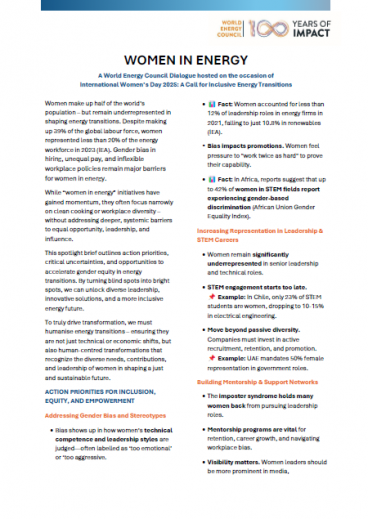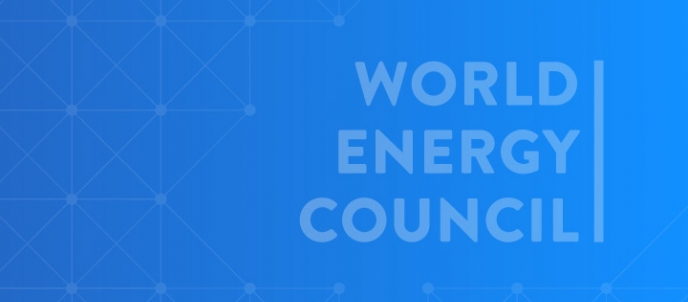MEET BEN BRITTON, CO-FOUNDER OF 2018 SET AWARD WINNING START-UP

With extensive and varied device-end experience with anion-exchange membranes in challenging conditions, Benjamin is taking Aemion to device integrators around the world. A soon-to-be Ph.D. from the Holdcroft group, Benjamin is part of the initial cohort of scientist-entrepreneurs who will receive a Graduate Certificate in Science and Technology Commercialisation from the Beedie School of Business. Since Ionomer formed in late 2015, They been the recipient of multiple awards.
I was introduced to the initiative by a Canadian Trade commissioner in Germany involved in Canada being a country Partner of Dena. He thought our technology was very exciting and interesting and that’s how we got involved in the application process, which was an easy straight forward process unlike some others.
We have been commercialising research through the University and have been developing an idea over the past 10 years based on a break-through in ion exchange membranes.
Our team bridges materials science and business, bringing the delivery needed to establish Aemion as a platform for the next generation CleanTech solutions in energy and water treatment of fuel cells, batteries and a device we can take to market.
It normally takes 10 years to get a successful idea from conception to market, with any sort or real revenue. We managed to incubate through use of the Simon Fraser University facilities and spent 110,00 in R&D activities in an 80 million facility. That is why have become successful at such an early stage. We could carry out millions of dollars’ worth of industrial research over this period.
There are already large established companies who do not attempt to do material discovery. Dioxide Materials, a company based in Chicago, is the only known company which occupies the membrane space. However, they mainly target C02 electrodes which is not the space we are trying to enter.
How did you become involved in the energy sector?
It started when I did my undergraduate in chemistry in 2006 and was introduced to a paper on field cells. Vancouver is the cradle of field cells and is one the world’s largest hub of electric chemistry. That underlies many technologies such as water treatment and flow batteries, one of the best candidates for local energy storage. There is a strong culture of chemistry in Vancouver, which really made me interested and aware of advancements made in energy and its impact it has in the world. In chemistry you see a small change can double your performance or lifespan of your device. Those are quite ground-breaking changes. I got really excited about that.
Communicating a fundamental scientific breakthrough was slightly difficult initially, communicating your idea to not only to players in the business world, but everyone, going beyond academia was an issue. I thought I was decent at it, but I wasn’t. It took a lot of coaching, doing a business certificate in commercialisation, a lot of practice, going out there and talking to a lot of people, to get our message across in a much more targeted and concise for the business market. Finding lab space was also a huge challenge. It is not an easy process to set up, even at pilot scale, without an incredible amount of capital. Finding the right space with the right system, that was a huge challenge.
Finding the right CEO was another setback, thankfully we have overcome that. We were incredibly fortunate to have found our CEO. Our potential partners and customers are from some of the largest companies globally, for a tiny start-up to get into their product line can be challenging. Luckily, our CEO has the operational experience to get our products onto the supply chain, and communicate in a way that gives confidence to companies around the world. He has also run B2B marketing and partnership development previously… to find all those skills in one individual is unique, we found a true unicorn.
What advice would you give to someone thinking of starting a start-up?
My advice would be if you have a business idea which is marketable, communicating what that market is and entering that market and talking to people is key. Academics tend to feel that everybody is out to steal their idea. That may be true at the very top-level. Setting up partnerships is not a risk, it is a benefit, especially at the commercialisation stage, even in a large organisation it can take years. If a large company recognises the value in your product, you have a lead customer.
What does it mean to you and your company to be a SET finalist?
Networking, forming relationships and gaining access to many of professionals within the World Energy Council’s network will be invaluable. I had many interesting conversations throughout BETD and at the Set Award final in Berlin, and there is the potential to form good partnerships. That is one aspect. The international recognition as a result will also be very beneficial. The fact that our product has been recognised as a good idea not only here in Vancouver but globally, is great. As we go move into the next round of financing and gaining larger partners, this global recognition really is a key milestone for us.
Other members of the Ionomr team include Dr Steven Holdcroft, co-founder and international polymer chemist; Dr Timothy Packham and Dr Titichai Navessin.









